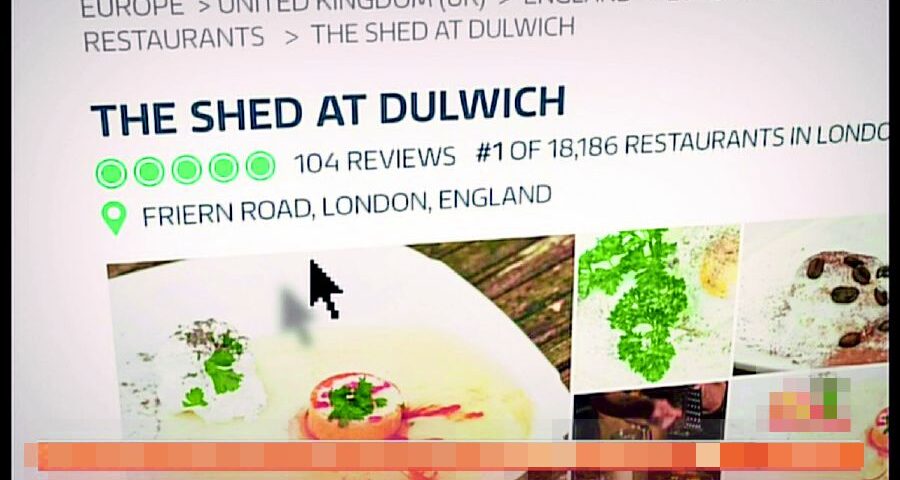I have been thinking of a brief moment from my early 20s. I was driving down St. Catherine Street in Montreal one lovely summer evening in my new gold Mustang convertible with a beautiful lady by my side. The top was down, and at the perfect moment, my favorite song by Charles Aznavour came on the radio.
Since those days, I’ve yearned to return to Montreal with the goal of dining at its very best restaurant. I’ve always considered both Montreal and Quebec City to be “convenient” outposts of Paris, and I still can’t understand why more of my clients don’t choose it as a spring or summer destination. The food is, as I recall, often memorable.
Had I started looking at restaurants in January, I would have discovered that Le Nouveau Duluth had earned the honor of being Montreal’s top-rated restaurant on Tripadvisor. It was, to be precise, “#1 of 4,636 restaurants reviewed on the site.”
There are lots of serious foodies in Montreal, and it quickly became apparent that it was going to take upwards of a year to snag a reservation at Le Nouveau Duluth. The concept, as reviewers pointed out, was an upscale deli with pretensions of “Canadian localism.” The reviews kept pouring in, and mention was made of the restaurant’s location on the corner of Rue St. Denis. Photos showed lovely high ceilings in the dining room.
Then, two journalists from the Canadian Broadcasting Corp. realized that the architecture at the restaurant’s listed address could not possibly support high ceilings. Further investigation led to Le Nouveau Duluth’s visionary founder, a gentleman named Charles Deschamps. Mr. Deschamps, it turns out, is a comedian from Quebec City who cooked up the restaurant one evening with some friends. They let others in on their secret, generating hundreds of positive reviews. It was all a scam. The best restaurant in Montreal did not exist. It was invented by a man who had become frustrated with “the flaws of travel platforms like Tripadvisor.”
And why had Deschamps launched this crusade? It turns out that he has a friend who ran a nice little restaurant in town. Her life and her restaurant were destroyed because a customer whose wine had been spilled got 22 of her friends to post one-star reviews.
This, of course, is not the first time a nonexistent restaurant has risen to the top spot on Tripadvisor. British journalist Oobah Butler was sitting in his London “shed” one day growing furious at the current climate of travel misinformation and society’s “willingness to believe the BS.” He bought a burner phone and designed a website with photos, taken by friends, of sponges and shaving cream. In one photo, his toes sit on a plate covered by a fried egg. His friends started writing amazing reviews and, six months after concept, the Shed at Dulwich was named “#1 out of 18,092 London restaurants”!
Sadly, the Shed at Dulwich never existed. Why are two fake No. 1 restaurants in major cities important? Because this is only the beginning, as more and more popular rating and “critic” sites become adept at manipulating or being manipulated by their own online readers. Do we have a responsibility to make our clients aware that about 30% of online reviews are “fake”? Consider this: The World Economic Forum recently calculated that fake reviews now influence $791 billion of e-commerce spending per year in the U.S.

